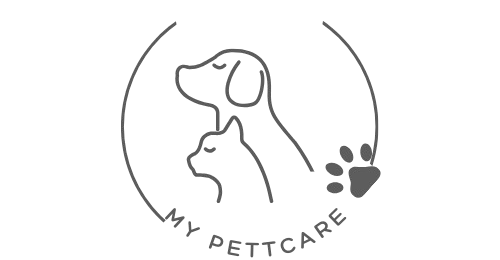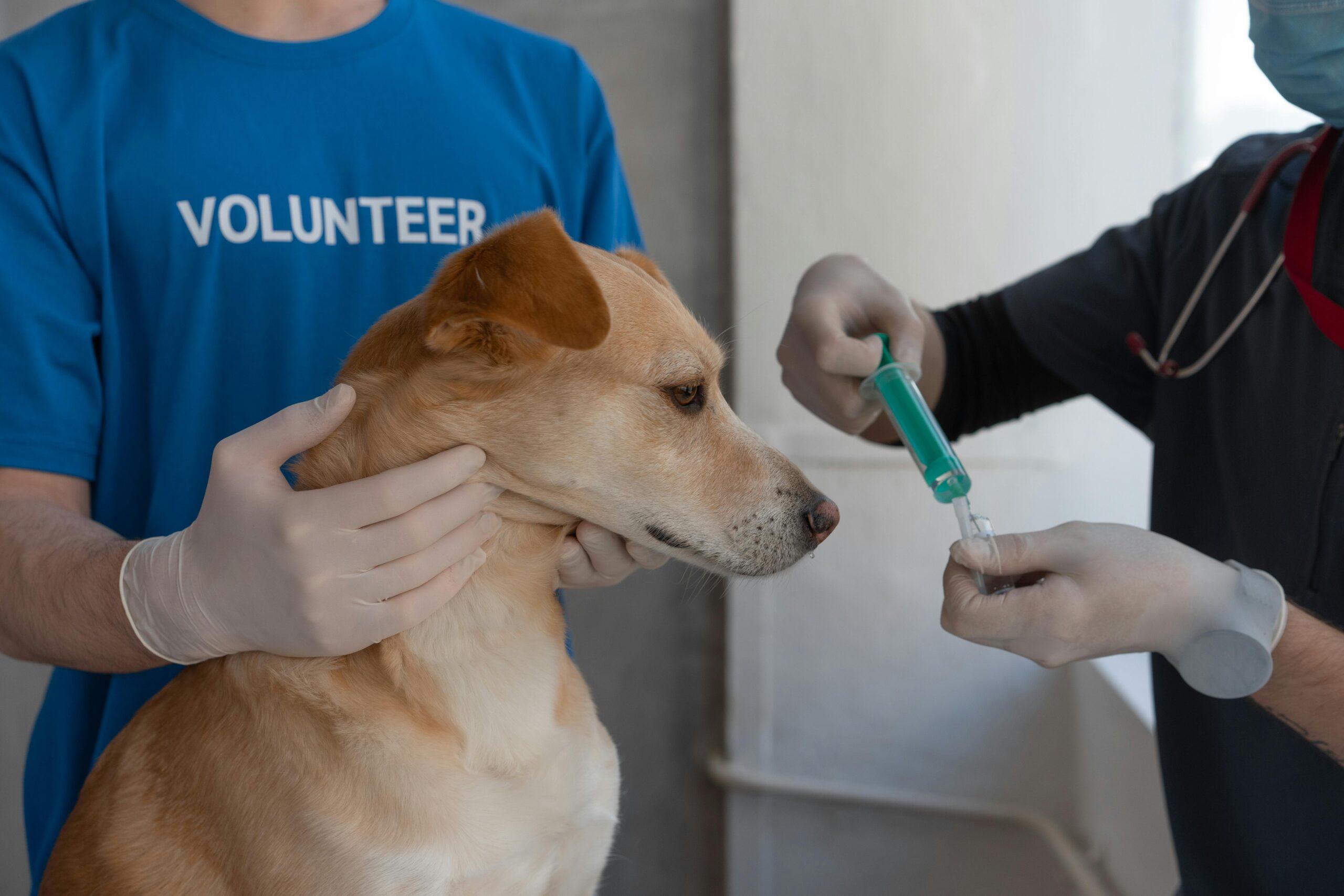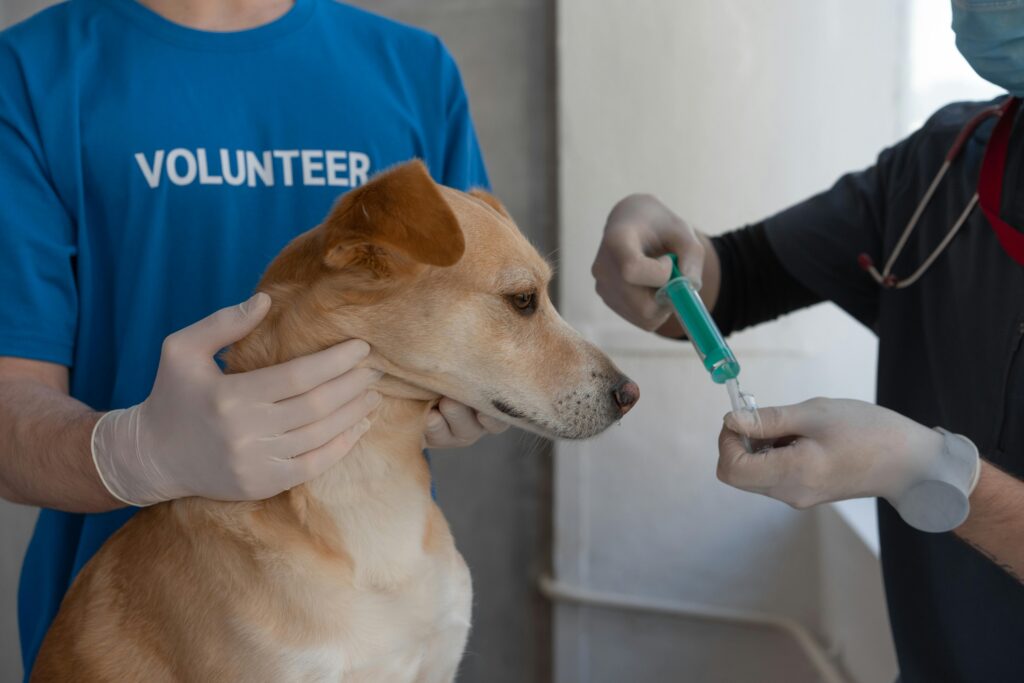Introduction of Veterinary Pet Care
We are pet lovers aware that our pets are not just animals but members of our family. Knowing this makes it important to make sure that they receive the best veterinary care that they need for a healthy, happy, and fulfilling life. In this beginner’s guide to veterinary pet care, we’ll cover everything you need to know about vet, pet check-ups, and treatments for your four-legged friends.
Understanding Veterinary Pet Care
What is Veterinary Pet Care?
Pet healthcare is medical and wellness care that is industrialized and rendered by the Veterinary to pets, to maximize or enhance the happiness and health of the pets.
Key Services in Veterinary Care
Veterinary services include annual physical examinations, medical and surgical intervention, and other crises.
Types of Veterinary Clinics
Variety of care: ranging from routine veterinary clinics to specific animal hospitals is noticeably embedded within the described types of facilities to meet pet requirements.
Table of Contents
ToggleWhy is Veterinary Pet Care Essential?
Benefits of Regular Veterinary Check-Ups
It is important to maintain visit schedules so that signs of a health problem can be discovered and treated as early as possible.
Preventive Care vs. Emergency Care
While in preventive care the health expert is out to see that a disease does not even develop, in emergency care, the expert is focused on trying to manage a severe disease that has just occurred.
Finding the Right Veterinarian for Your Pet
Key Qualities of a Good Veterinarian
A good vet is friendly, intelligent, and has all the necessary papers that would make them take good care of your pet.
Certifications and Experience
Veterinary certification and years of experience are evidence of a vet’s professionalism in animal care.
Compassion and Communication Skills
An attitude in which a vet listens to you and answers your questions as well can go a long way when it comes to your animal’s care.
How to Choose the Right Vet Clinic
Types of Services Offered
Ensure that the clinic offers the common and specialized services your pet might require to be accorded.
Location and Accessibility
The distance to a clinic is closely connected with easier access to regular and emergency examinations.
Reviews and Recommendations
This means that reading reviews and seeking advice from those close to you gets you a reputable vet clinic.
Common Veterinary Services for Pets
Routine Check-ups and Vaccinations
Safe-looking chew toys and making sure they’re groomed consistently also minimize their chances of ailments.
Importance of Vaccines
Vaccines protect pets from potentially deadly illnesses and ensure their health in the long run.
Typical Check-Up Procedures
DURING AN EXAMINATION, A VET WILL REVIEW YOUR PET’S CONDITION AS WELL AS LISTEN TO YOUR COMPLAINTS.
Specialized Pet Treatments
Dental Care for Pets
Unlike people, pets require to go for dental care to help them avoid developing gum problems as well as other dental complications.
Skin and Allergy Treatments
The vets give proper medication to treat and cure skin diseases and allergy problems in pets.
Nutrition and Exercise in Pet Care
Importance of a Balanced Diet
Diet influences all aspects of a pet’s wellbeing from energy levels to immunity and weight status.
Common Nutritional Needs for Dogs and Cats
Concerning the feeding of dogs and cats they need different diets; consulting a vet guarantees the identification of the diet the animals need.
Exercise Routines for Different Pets
No matter how your beloved pet is inclined – active or moderate, physical activity is critical to your pet’s health.
Preventive Health Measures
Vaccinations and Immunizations
Preventive measures which are vaccination are a major tool in combating erupting and potentially fatal illnesses.
Parasite Control and Prevention
Eradicating parasites such as ticks and fleas through routine treatments strengthens your pet’s health.
Regular Grooming and Hygiene
They need grooming to keep them clean, prevent skin problems, and also offer additional bonding sessions with your furry friend.
Emergency Veterinary Care
Recognizing Signs of a Pet Emergency
Spaces provide information on emergency signs like difficulty in breathing or a pet’s inability to respond to physical stimuli.
Common Emergency Situations
It is an emergency when some animals fall sick suddenly, or an accident, or are poisoned.
Preparing for Emergency Visits
Save your vet’s numbers and ensure that you know what should be done in the event of a disaster to prevent feeling overwhelmed.
Mental Health for Pets
Importance of Mental Stimulation
According to scientific findings, a mentally stimulated pet is more joyful and it does not attempt to demolish property.
Addressing Behavioral Issues with a Vet
Veterinarians are also helpful in terms of thinking through and offering recommendations regarding behavior modification problems, whether it is aggression or anxiety.
Conclusion
Pet health care is a complex method of creating the best environment that will enable your pets to live healthy, safe, and happy lives. By doing proper homework and selecting the right vet, keeping your pet as healthy as possible, and being ready for any kind of accident, you can guarantee a long, happy life for your pet.
FAQs
- How often should I take my pet to the vet?
Once a year in a healthy animal; for young, old, or sick animals, more often. - What are some signs my pet needs immediate veterinary attention?
Any of the symptoms such as problems in breathing, vomiting severely or successively, changes in behavior or position could be a sign of an emergency. - Can I give my pet human food as treats?
While some types of human foods are safe for consumption by dogs some can be lethal. Do not feed your dog any new food without the permission of your vet. - How do I know if my pet is getting enough exercise?
Such are the absence of unhealthy weight gain, compromised energy or lethargy succeeding exercise, absence of destructive behavior. - What vaccinations are essential for my pet?
These vaccines are species-specific but usually vaccinated for rabies, distemper, and parvovirus for dogs while cats get vaccinated for rabies and feline distemper.


